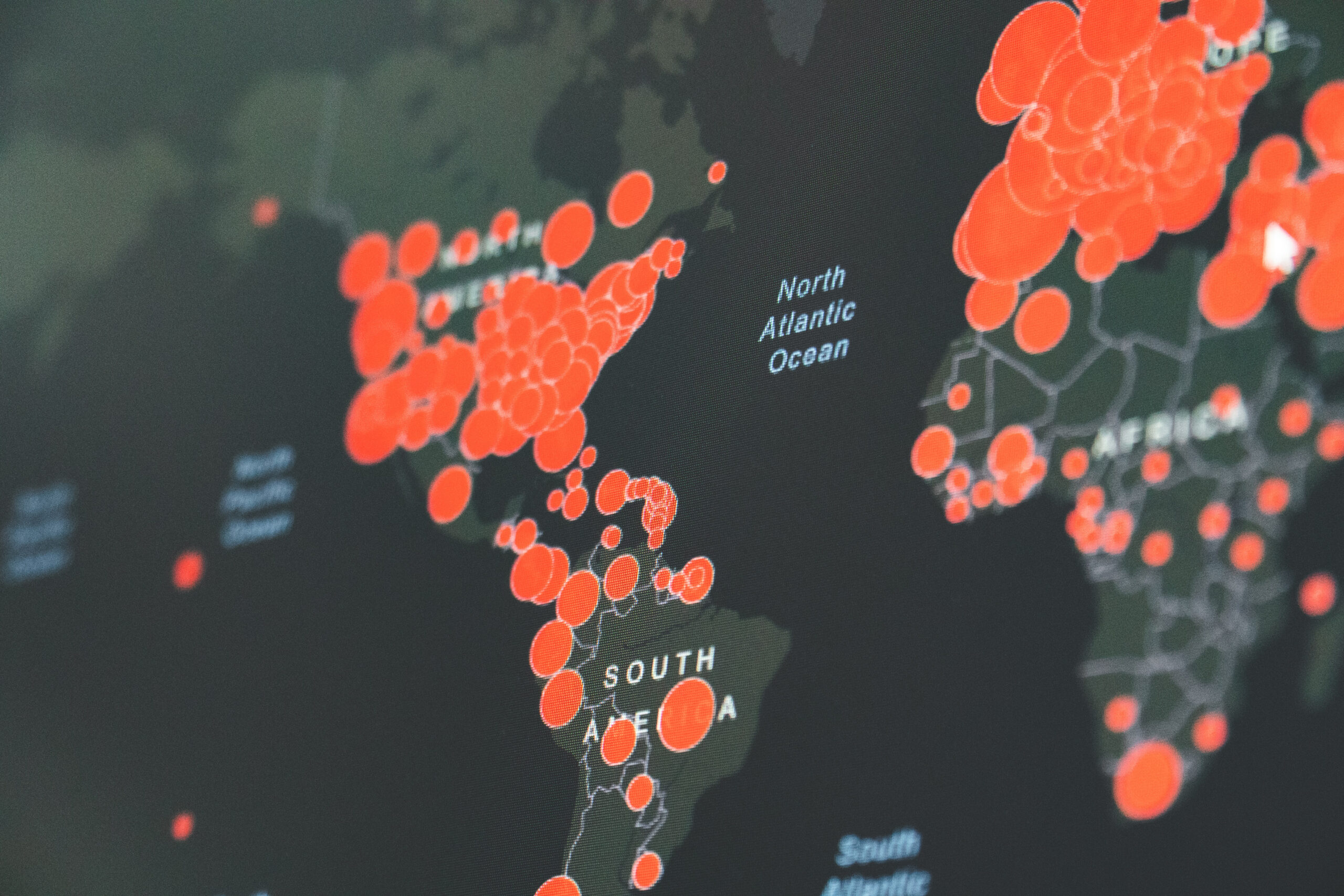We bridge the worlds of academia, policy, and practice by conducting evidence-based research into chronic and emerging issues cutting across international justice, global health, the changing climate, and armed conflict.
Our dedicated programs allow us to develop specialized portfolios that make long-term impact. However, to remain flexible and responsive to changing conditions and priorities in the human rights world, we engage in stand-alone projects and initiatives that are not program-based. Below is a collection of our independent and programmatic projects. A number of our projects are confidential, and for that reason this list should not be considered exhaustive. Click here if you would like to explore out student-powered Investigations Lab projects.














